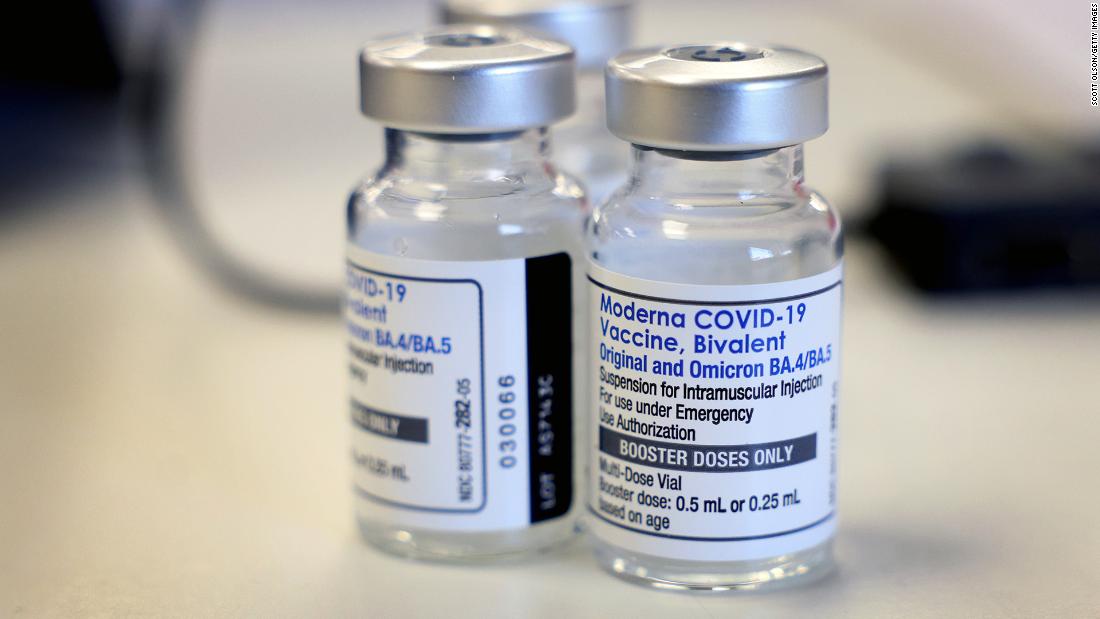BRITAIN’S addiction to cheap care home labour and a surge in international students bringing dependants are behind the huge rise in net migration, Sun on Sunday analysis shows.
Nearly 20 per cent of staff in England’s homes are made up of foreign nationals.
Both care homes and the dependants of international university students are factors behind record high immigration figuresGetty
Immigration watchdogs have demanded answers from Rishi Sunak’s GovernmentGetty
And almost 20 per cent of university tuition fees come from overseas students.
Care home bosses dramatically increased their reliance on foreigners after jobs in the industry were placed on the Government’s shortage occupation list in February 2022.
An estimated 70,000 arrived in the UK and started direct care roles in the independent sector from March 2022 to 2023, according to figures compiled by recruitment support body Skills for Care.
This was a huge increase on previous years which saw 20,000 in 2021/22 and 10,000 for the 12 months before that.
Similarly, the number of partners or children travelling with a relative at university from outside the EU has risen 14-fold over just four years, Office for National Statistics data shows.
The number here for 12 months or more leapt from 7,000 in the year to June 2019 to 96,000 this year.
It means one relative comes to the UK for every three non-EU foreign students, compared to one in every 17 four years ago.
And including dependants who stayed here for less than a year, the figure for the year to June 2023 rises to 154,000.
Universities are increasingly reliant on foreign students, who pay higher fees.
International undergraduate charges vary from around £11,400 to £38,000 according to the British Council.
International postgraduate fees vary from £9,000 to £30,000.
Meanwhile, UK undergraduates pay £9,250 a year.
In the 2021/22 academic year — the most recently available data — universities took £8.9billion in non-EU fees, and just over £1billion came from EU fees.
The combined total was 21 per cent of the £46.8billion taken in total.
The non-EU fees were up from £7.4billion in 2020/21, and £4.6billion in the 2016/17 year.
It comes after revised stats this week put net migration at 745,000 last year — its highest ever.
The number replaced a previous estimate in May of 606,000.
One dependant relative now comes to the UK for every three non-EU foreign studentsAlamy
A ban on international students bringing dependants was announced earlier this year and will come in from January.
Immigration Minister Robert Jenrick is also looking at stopping foreign students staying in the UK after their studies.
But reports this week said it has led to a surge in students rushing their applications through to beat the ban.
Education agents are reportedly charging Indian students inflated fees to secure places at UK universities before the deadline.
One couple paid £30,000 to secure a student visa and a dependant’s visa to travel to the UK together.
And some universities have opened up applications in November and December amid a surge in students who brought forward their plans to avoid the ban.
The country has also become hooked on cheap foreign labour with nearly a fifth of England’s care home staff made up of foreign nationals.
Ministers are looking at increasing salary thresholds, capping visas and limiting the number of dependants that foreign social care workers can bring to the UK.
But experts warn that such a cap will hit the sector’s ability to cope with the soaring demand.
Prof Martin Green, chief exec of Care England, said ministers must “think carefully” about their plans, adding: “Any additional barriers which limit the routes to international recruitment will affect the care sector’s ability to keep pace with the growing demand for care and support.”
Tory MP Marco Longhi, who sits on the Home Affairs committee, called the university situation “madness”.
He said: “Foreign students, if legitimate, can make a positive contribution to education and revenues.
“But I fail to see how any dependants do that for either — and I am at a complete loss as to why we allow any dependants at all.
“These are not people coming in illegally and we have full control over criteria and numbers, so why are we allowing this?
“The same debate happened last year and the Government agreed to stop it.
“It clearly hasn’t. Why not? The pressure on rents for our students and local people is already crippling and landlords are leaving the sector for other reasons. It’s madness.”
Think tank Migrant Watch slammed the rise as “inevitable” and demanded answers from Rishi Sunak’s government.
A spokesman said: “Given the opportunity to come here, to do any job, why wouldn’t dependants from much poorer countries come here?
“The Government was either being naive or had deliberately set out to bring cheaper workers here. We are owed an explanation.”
Former Tory minister and ex-MEP Ann Widdecombe called for a policy telling international students to go home once they have finished their studies and to clamp down on so-called Mickey Mouse degrees.
She added that there are too many universities — including those that were formerly polytechnics — who now rely on international students to fill their coffers.
Ms Widdecome, now a member of the Reform UK party, said: “Reform UK has a straightforward policy, which is when you are finished studying you should go home.”
Home Secretary James Cleverly said on Thursday after the ONS stats were published: “We have taken tough action to reduce migration by tackling the substantial rise in the number of students bringing dependants to the UK — a change that will have a tangible impact on net migration.”
The care sector is also a major factor behind the shock statsAlamy
SuppliedThese figures show the nationality of care workers in the UK, and looks at the rate of university fees for international students[/caption] Published: [#item_custom_pubDate]















































































































